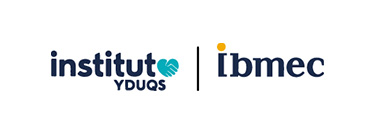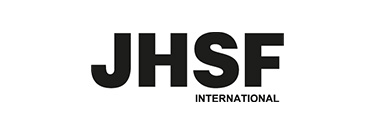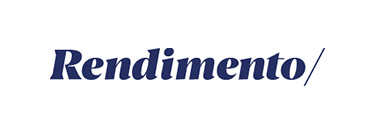Brazilian Industry’s Prospects Amid Global Challenges
At this event, we welcomed Josué Gomes, chairman of FIESP, and Tatiana Prazeres, Foreign Trade Secretary at the Ministry of Development, Industry, Trade, and Services (MDIC).
The world is increasingly focused on issues related to energy, food, and environmental security. With significant potential in all three areas, Brazil has the opportunity to develop an industrial policy that strengthens its position both domestically and internationally.
However, since the global financial crisis of 2008, followed by major events such as the escalating U.S.-China trade dispute, the pandemic, and the war in Ukraine, the era of hyperglobalization has come to an end. Countries are shifting toward “economic nationalism,” re-evaluating commercial interdependence, which has had significant implications for their economic and trade policies.
Brazil must navigate this complex landscape to reverse the process of premature deindustrialization.
“What kind of industrial policy makes sense given the current global restrictions and opportunities?” asked Tatiana Prazeres, Foreign Trade Secretary at the Ministry of Development, Industry, Trade, and Services (MDIC), during the in-person event co-hosted by the Fundação FHC and the São Paulo Federation of Industries (FIESP). She answered her own question: “The international aspect of a new industrial policy is crucial to its success. It no longer makes sense to produce only for the domestic market. That’s why expanding Brazil’s trade integration with Latin America and other regions is so important.”
“Brazil has a significant advantage over many countries: we can be part of the solution to two of the world’s biggest challenges today—energy transition and food security. Additionally, we play a key role in combating climate change. By seizing these opportunities and leveraging international investors’ willingness to invest in the country, we can reverse the premature deindustrialization that has caused great harm to Brazilian society,” said Josué Gomes, chairman of FIESP.
“Around the world, industry is grappling with a multitude of challenges, from geopolitical tensions to the pressing need for energy transition, along with the complexities of innovation in the digital age and the rise of Artificial Intelligence. Today, we are fortunate to have two speakers—Tatiana Prazeres, with her multidisciplinary expertise, and Josué Gomes, with a contemporary perspective on industry—to help us unravel these challenges and offer a positive outlook for Brazilian industry and our nation,” said Professor Celso Lafer, former Minister of Foreign Affairs and of Development, Industry, and Trade, who currently chairs the Board of the Fundação FHC, during his opening remarks.
Brazil should leverage its G20 and BRICS presidencies to drive debate on trade and the environment
“Much of what was once considered a benefit of globalization, such as the segmentation of industrial production across value chains spread over multiple countries, has now become a risk factor—especially after the pandemic. International trade, which used to be viewed as a major generator of opportunities and wealth, is now marked by greater state intervention as countries focus on securing vital sectors such as health and food,” said Ms. Prazeres, who holds a doctorate in International Relations from the University of Brasília (UnB) and previously served as senior advisor to the Director-General of the World Trade Organization in Geneva.
At the same time, the urgency to combat global warming has become more apparent. Brazil, with its vast Amazon rainforest and its experience and capacity to produce renewable energy on a large scale, is uniquely positioned to leverage these advantages to access new markets—not just for its current exports, like agricultural products, but also for higher-value goods produced sustainably.
“I don’t think it’s wise for Brazil to focus on becoming a major exporter of green hydrogen. Instead, we should use the green hydrogen produced here to make our own industries more sustainable and competitive, so we can offer high value-added products to the world. The same logic applies to new minerals like lithium. Rather than exporting raw lithium, we should be producing and selling batteries for electric vehicles,” suggested Mr. Gomes, chairman of FIESP, CEO of Coteminas, and a board member of the Institute for Industrial Development Studies (IEDI).
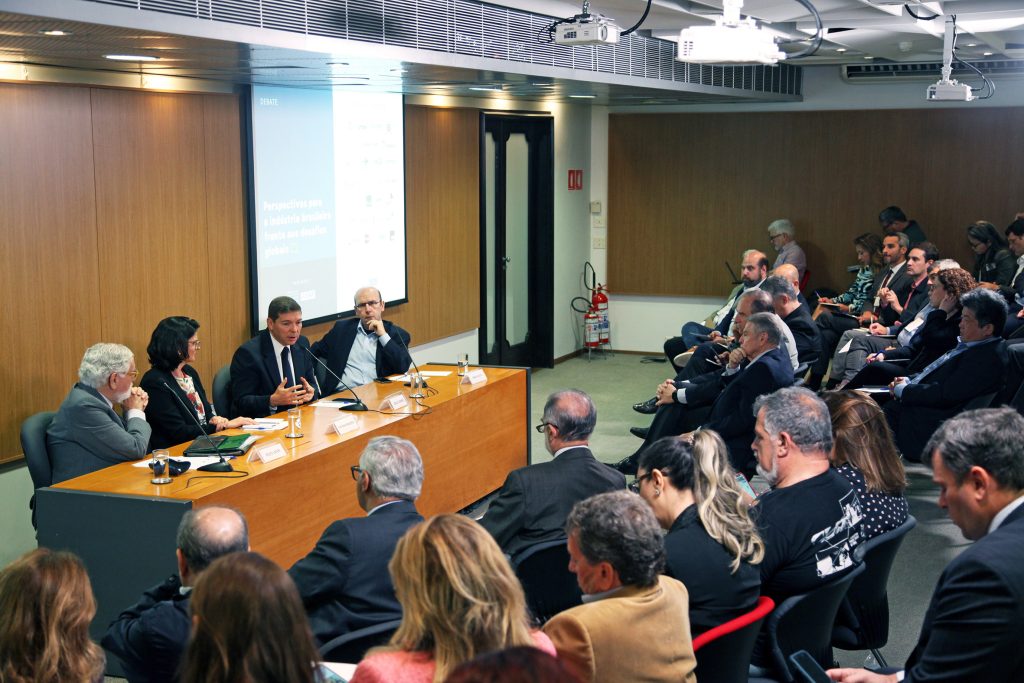
“The sustainability agenda represents an opportunity for Brazil to position itself globally, as we already have a smaller carbon footprint than many of our competitors. To capitalize on this, we must successfully tackle deforestation and fires in the Amazon, which account for 50% of our CO2 emissions. Only then can we secure more space for our products in international markets,” said Ms. Prazeres.
Ms. Prazeres emphasized that Brazil should leverage its position as the host of the G20 summit in 2024—a gathering of the world’s 20 largest economies, chaired by Brazil starting in December 2023—to spearhead international discussions linking trade and environmental protection: “We are uniquely positioned to propose frameworks where trade and environmental sustainability go hand in hand, showcasing the potential for sustainable Brazilian production.”
“The sustainability agenda represents an opportunity for Brazil to position itself globally. To capitalize on this, we must successfully tackle deforestation and fires in the Amazon, which account for 50% of our CO2 emissions,” said Ms. Prazeres.
The secretary also stressed that Brazil cannot accept unilateral measures imposed by the European Union, which seek to pressure the country into adopting stricter anti-deforestation policies under the threat of limited access to the European market—particularly for agricultural exports. While she advocated for the completion of the EU-Mercosur Agreement, she emphasized the need for a balanced deal between the two blocs on environmental issues, one that doesn’t unfairly burden South American nations.
“As the current president of Mercosur, Brazil has presented its fellow members with a counter-proposal in response to a letter from the European Union, which imposes new environmental conditions for concluding the agreement. The response was approved last week, and next week, a negotiating meeting between the two blocs will take place in Brasília. It’s crucial that we finalize the agreement, but it must be done fairly, without impositions,” she explained.
In 2025, Brazil will also host the BRICS summit and COP-30, the United Nations climate conference: “These are opportunities for the Lula administration to demonstrate that it is meeting its environmental commitments and to expand our international influence.”
Industry plays a vital role in consolidating democracy in Brazil
According to the chairman of FIESP, “because it is the sector of the economy that pays the best wages, contributes a significant portion of taxes (around 30% of the tax burden), and invests the most in research and development,” Brazilian industry is a key driver of socio-economic well-being and political stability, making it fundamental to strengthening democracy in the country.
“I often recall the engineer, intellectual, businessman, and politician Roberto Simonsen (1888–1948), one of the pioneers of Brazilian industry and a strong advocate for the concept of ‘industrial civilization.’ It is, in fact, a robust industrial sector that sustains a strong middle class, which serves as the foundation of democracy and fundamental values such as freedom and social justice in the modern world. Without it, democracy remains fragile. Brazil is undergoing a process of deindustrialization even before becoming a developed country, and this trend needs to be reversed to ensure the well-being and freedom of all Brazilians, now and in the future,” said Mr. Gomes.
“In September of this year, during the UN General Assembly in New York, we hosted a dinner with President Lula, several ministers, and Brazilian officials from the Legislative and Judicial branches, including the Speaker of the Chamber of Deputies (Brazil’s Lower House), Mr. Arthur Lira, and Senate Leader, Mr. Rodrigo Pacheco. U.S. and Brazilian businesspeople and investors were also in attendance, and it became clear that there is now a favorable environment for pursuing a minimum development agenda in Brazil,” the business leader noted.
“This alignment between the three branches of government to create a more favorable environment for production and sustainable growth is a very positive step forward, and it sets Brazil apart. The country must seize the unique opportunities we currently have to attract investment and reindustrialize, with an emphasis on the green economy,” he added.
Government must bolster horizontal and sectoral policies in a coordinated manner
“Which concrete measures are the new administration implementing to ensure the country capitalizes on the opportunities we’ve discussed, while engaging with various economic stakeholders?” asked political scientist Sergio Fausto, general director of the Fundação FHC.
“First, we’ve seen a revival of the environmental agenda, which had suffered profuse deconstruction under the previous administration. Beyond the fight against illegal deforestation in the Amazon—where the reactivation of the Amazon Fund plays a crucial role—we are advancing in regulating the carbon market, promoting offshore wind energy production along the Brazilian coast, and furthering discussions on expanding green finance,” said the MDIC secretary.
Ms. Prazeres also highlighted the new Growth Acceleration Program (PAC), which allocates more public funds toward green investments, as well as the Ecological Transition Plan announced by Finance Minister Fernando Haddad.
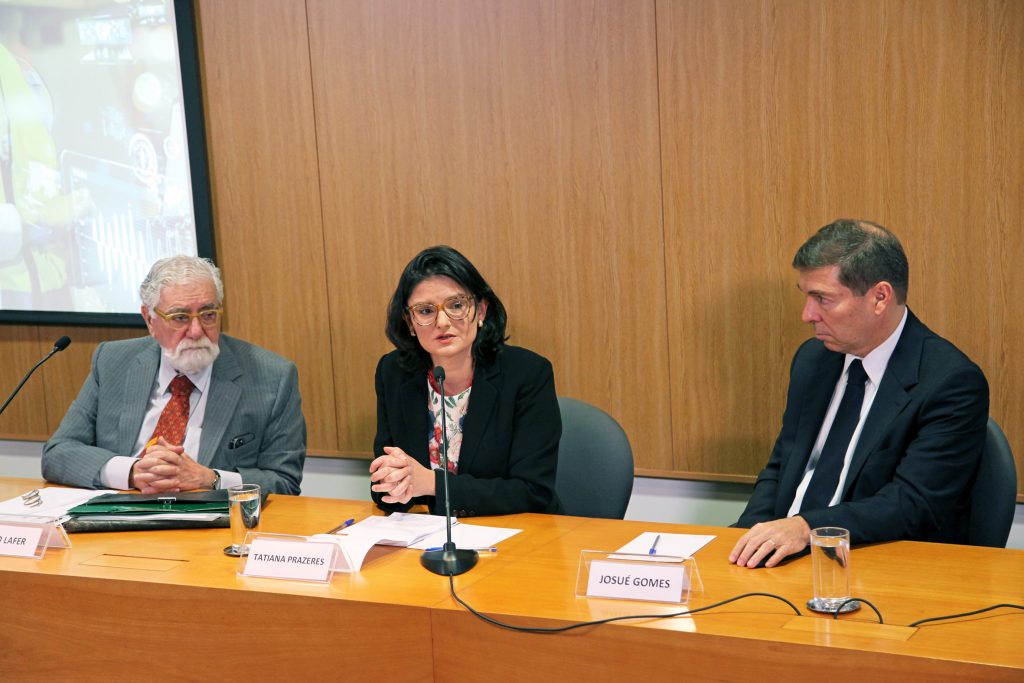
She emphasized the improvement in economic governance through horizontal measures—policies that benefit the entire economy and productive sectors—such as the new fiscal framework, approved earlier this year, and the tax reform, which has already passed Brazil’s Lower House and is currently under discussion in the Federal Senate.
Ms. Prazeres further underscored the need for specific policies that target sectors where Brazil has competitive advantages, such as agribusiness. These sectors also encompass industries or intellectual and technical capabilities aimed at boosting productivity, like the health industrial complex.
“The healthcare sector currently faces a large trade deficit, but we have a well-prepared scientific and medical community, along with the infrastructure needed to make significant progress in this area. We must mobilize resources and utilize available tools, such as the state’s purchasing power, to boost and add value to the healthcare industrial complex. This is already in motion,” she said.
However, the secretary cautioned against viewing imports as an adversary: “We cannot fall into the trap of focusing solely on import substitution and production for the domestic market. Brazil needs to be competitive and globally integrated to export more and at higher quality.”
“Fiscal and macroeconomic stability is crucial for Brazil to lower domestic interest rates and attract investment, rather than deter it,” said Mr. Gomes. The approval of the new fiscal framework was a vital first step, but we also need a consistent tax reform that ensures solid tax collection without overburdening the productive sector.”
Mr. Gomes, chairman of FIESP, advocated for the unification of the various existing taxes into a single Value Added Tax (VAT) and for reducing the numerous tax exemptions and exceptions present in the reform passed by Brazil’s Lower House.
“The base value added tax (VAT) rate, as outlined in the reform approved by the Lower House, is around 26%—it should not exceed 23%. We are hopeful that the Senate will revisit the tax exceptions and finalize a reform that leads to productivity gains throughout the Brazilian industrial chain. This is essential to improving the competitiveness of Brazil’s industrial products on the global market,” he concluded.
Otávio Dias is the content editor at the Fundação FHC. He is a political and international affairs journalist, a former correspondent for Folha de São Paulo in London, and former editor of the estadao.com.br website.
Translation: Todd Harkin, Harkin Translations
















